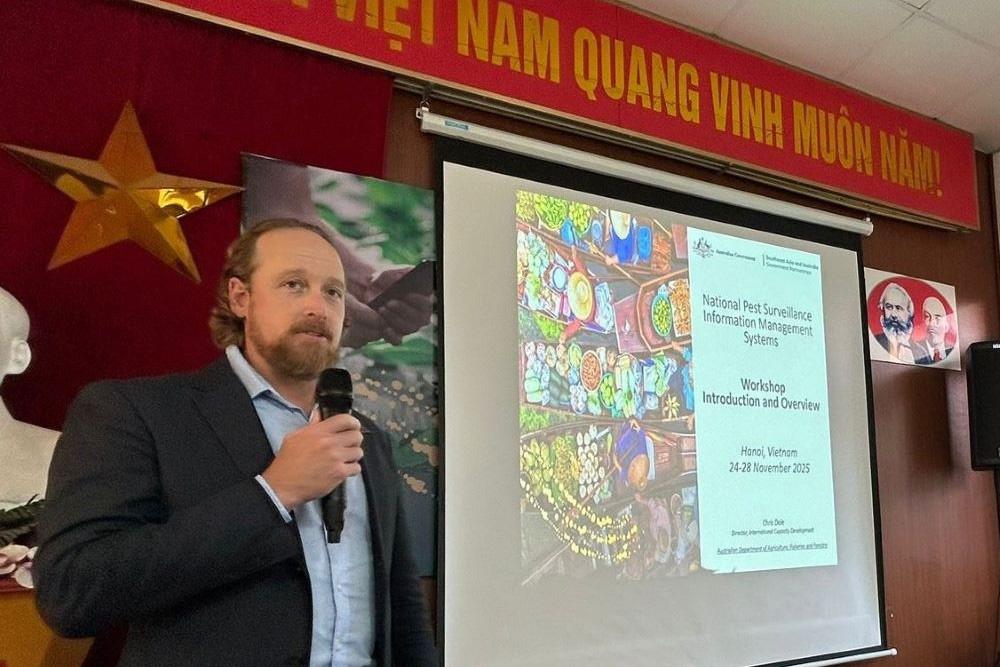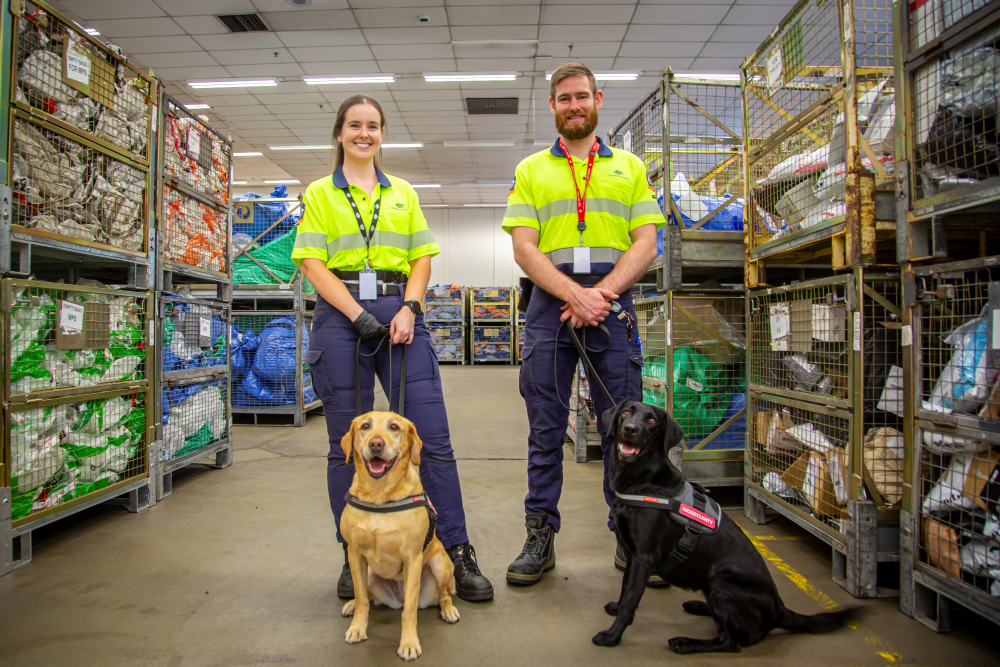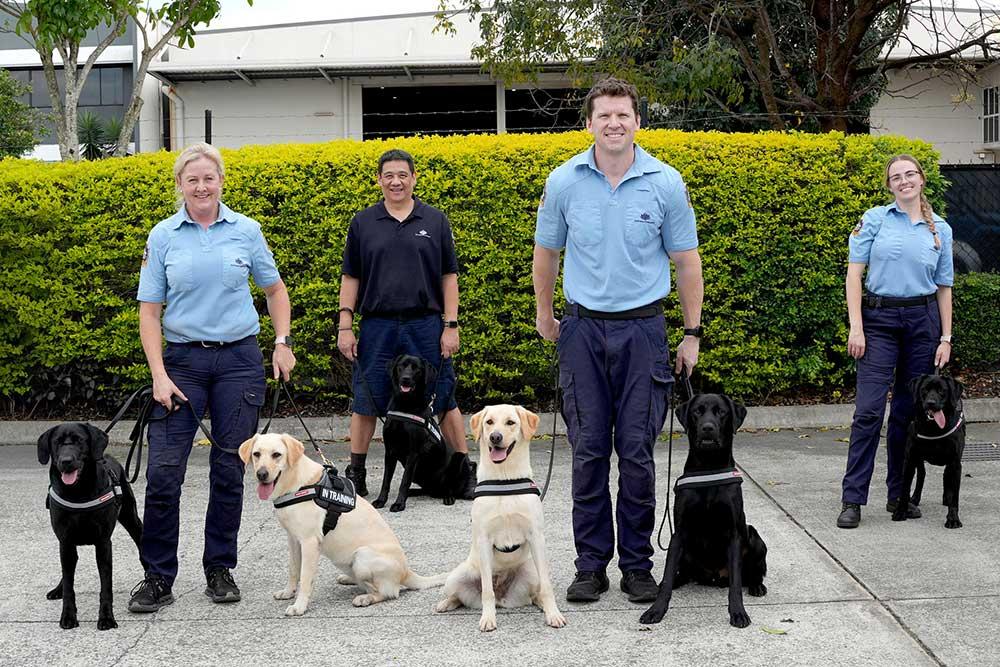A new safer, treatment option for Brown marmorated stink bug (BMSB) is now available for use by importers.
Ethyl formate, used in combination with carbon dioxide, has been approved under the AusTreat offshore treatment assurance scheme as an environmentally friendly substitute for methyl bromide.
Unlike methyl bromide, ethyl formate is not an ozone-depleting substance and does not contribute to greenhouse gas emissions.
Ethyl formate is a naturally occurring compound found in some fruits, such as raspberries. It breaks down quickly in the environment, minimising long-term ecological impacts. Adopting ethyl formate supports Australia’s international commitment to sustainability under the Montreal Protocol.
Other countries that are using ethyl formate include New Zealand, South Korea and Japan, with trials currently underway in Southeast Asia and the United States.
The treatment will be available for use on imported target high risk goods being exported from high-risk BSMB countries. BMSB originate in Asia but are rapidly spreading through increased global movement of cargo and has become a serous invasive pest worldwide.
If BSMB were to establish in Australia it could cause widespread crop losses, and damage to ornamental and native plants. The pest can form large populations and become a household nuisance by, emitting an offensive smell. Treating goods before they enter Australia is our best defence.
Implementation of ethyl formate as an alternative treatment will be phased, beginning with offshore, pre-arrival treatment for the 2025-26 BMSB risk season. There are plans to introduce its use onshore in the following 2026-27 season.
The Ethyl Formate Fumigation Methodology (version 1.0) and associated documentation templates have been developed in consultation with our stakeholders and are available on the department’s website. Treatment providers must be registered under AusTreat prior to conducting ethyl formate treatments on BMSB target risk goods. A registration form is available on AusTreat pre-border biosecurity treatment provider scheme.
Further information
For further details visit methodologies and documents for biosecurity treatments or contact Offshore Treatments: offshoretreatments@aff.gov.au



